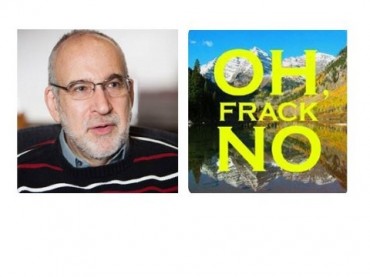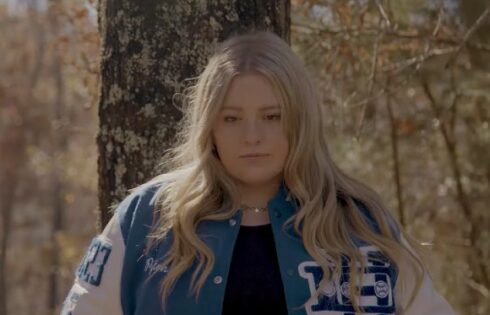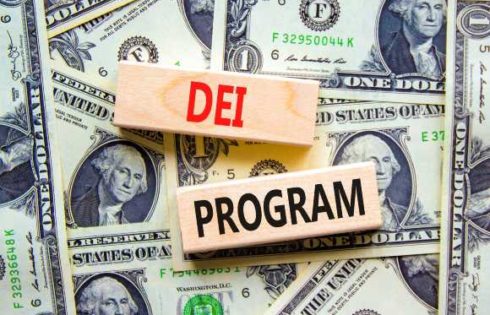
In debunking nationally acclaimed research, a Syracuse University professor recently testified to Congress that hydraulic fracturing, or fracking, actually does not contaminate water.
Donald Siegel, professor of Earth Science, testified his findings on April 23 before the U.S. House Committee on Science, Space and Technology.
The two-hour hearing, dedicated solely to fracking, sought to “examine the science behind claims that hydraulic fracturing causes groundwater contamination and other environmental concerns.”
Siegel’s findings contradict highly touted research from scientists at Duke University, who since 2010 have released studies that indicate fracking is responsible for contaminating water with methane.
Siegel has infuriated his peers, who have clung to the Duke studies as proof that fracking harms the environment and have tried to discredit Siegel’s findings in a variety of ways.
But Siegel has stood firm, and relayed his recent findings to Congress: He has found no relationship between water contamination and fracking. Siegel’s findings come from his recent study, published in the Journal of Environmental Science and Technology on March 12.
“The lack of a point-source contamination of water wells from migrating methane from oil and gas wells suggests that most dissolved methane found in water wells comes from natural sources,” Siegel’s report stated.
Fracking is the process of injecting sand, water, and chemicals into shale rock, which fractures the rock and releases natural gas. Fracking has long drawn the ire of climate activists, who argue it causes water contamination, earthquakes, and pollution.
Siegel’s study examined over 11,000 water samples and 600 oil and gas fracking wells in Northeast Pennsylvania. The water samples, provided by the Chesapeake Energy Corporation, were analyzed by Siegel and his co-authors for methane contamination.
His research found no contamination in the water.
Siegel’s findings contradict highly touted research from scientists at Duke that suggest fracking contaminates water with methane. Like Siegel’s study, Duke scientists have examined water samples and fracking wells in Northeast Pennsylvania.
Yet, Siegel argued the Duke study had an inadequate number of water samples, which “were too few to make such a sweeping conclusion” that fracking contaminates water.
“In essence, the Duke sampling seems statistically biased to me. I didn’t think they could say much about the entire population of water wells,” Siegel told the members of Congress.
In the wake of his published study, Siegel has faced blowback from the science community and activists, who have clung to the Duke studies as proof that fracking harms the environment.
Critics have accused Siegel of withholding disclosure that he was paid from Chesapeake Energy Corporation for his study. Though, Siegel explained the accusations don’t add up.
“Neither our paper’s reviewers, the associate editor handling the paper, or the chief editor found fault with our disclosure,” Siegel testified.
Siegel has since further clarified the study’s disclosure.
Siegel’s study has also received flak from one scientist who authored the Duke studies. Robert Jackson, now a professor at Stanford, told Science Mag that he questioned the methods in which Siegel’s water samples were collected.
Siegel testified that the samples were collected in the same manner that the EPA and many state-agencies collect water samples.
“There is really no issue on that,” he contended.
The response to Siegel’s paper highlights the contentious response that follows science that disrupts the narrative of climate and anti-fracking activists.
In answering a question from the Committee’s Chairman, Lamar Smith (R-TX), Siegel highlighted the struggle in trying to rein in the bias on climate science.
“It’s a big issue of how science is perceived in the public, and how to present the best science in a way the public can understand,” he said.
Siegel plans to publish three more studies using the Chesapeake data set, according the Science Mag.
He declined to comment to The College Fix, instead referring to his Congressional testimony.
College Fix reporter Nathan Rubbelke is a student at Saint Louis University.
Like The College Fix on Facebook / Follow us on Twitter
Like The College Fix on Facebook / Follow us on Twitter






Please join the conversation about our stories on Facebook, Twitter, Instagram, Reddit, MeWe, Rumble, Gab, Minds and Gettr.